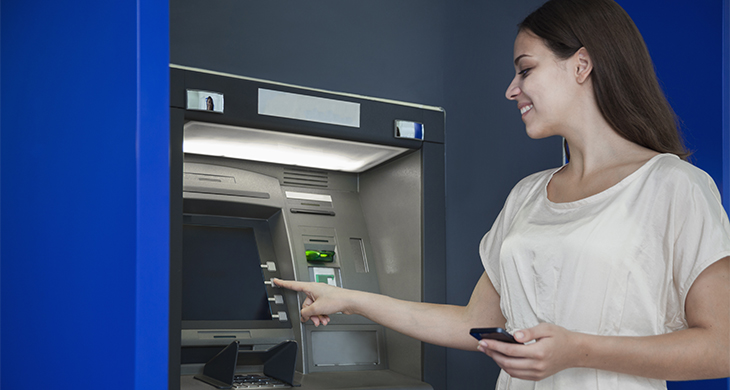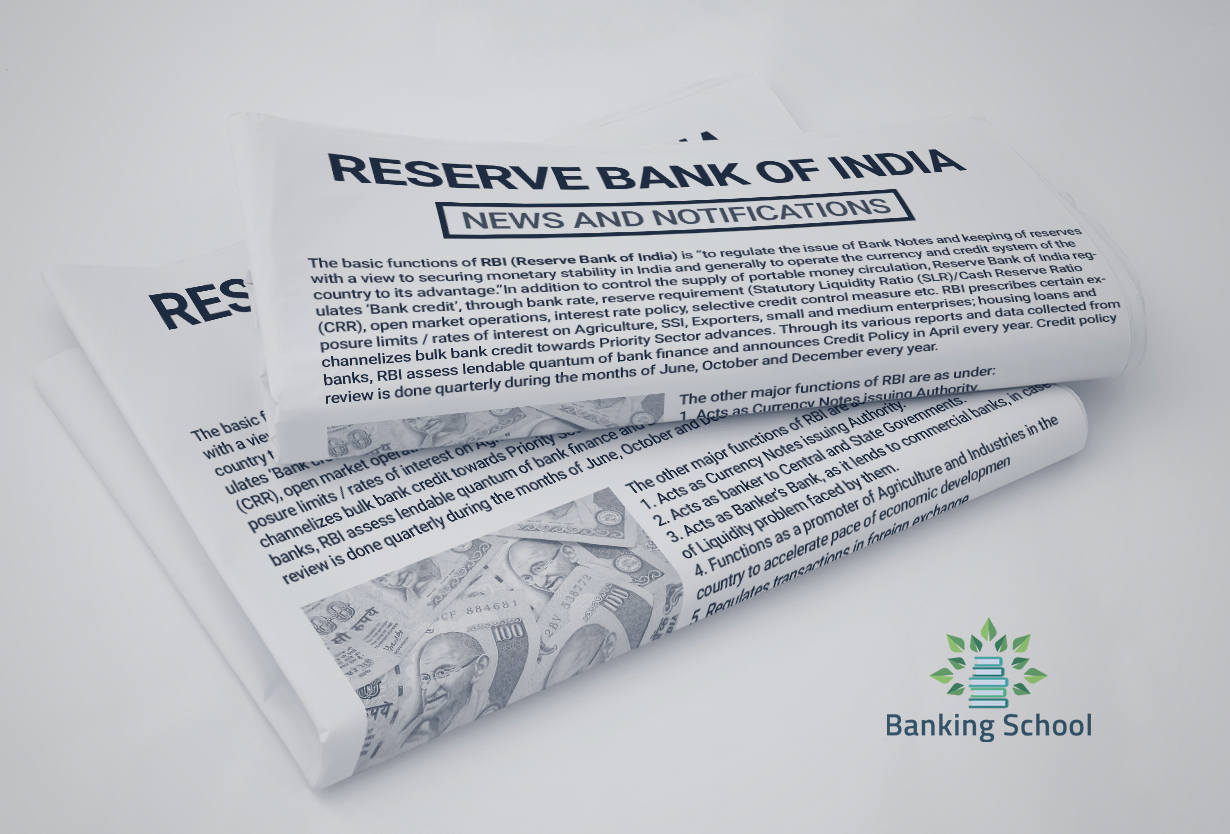There has been a surge in the usage of digital modes of payments in recent years. As the speed and ease of doing financial transactions have improved, the number of frauds in retail financial transactions has gone up. The general public is defrauded by a fraudster using various innovative methods. Unscrupulous elements are defrauding and misleading members of the public by using innovative modus operandi including social media techniques and mobile phone calls. You may take the following measures to protect your account from fraudsters.
- Caution to be exercised when any payment / commission / bonus / percentage of profit offered without the actual sale of goods / services. Be alert! It could be the first sign of a potential fraud.
- Do not respond to messages offering / promising prize money, government aid.
- Never share copies of cheque leaf, and KYC documents to strangers to receive prize money.
- Transactions involving receipt of money do not require scanning barcodes / QR codes or entering mobile banking PIN (m-PIN), passwords, etc. Remember QR codes are used only for payments and not to receive money.
- Whenever you receive fund request from a friend or relative through social media channel, verify the genuineness of a fund request from them by confirming through a phone call / physical meeting to be sure that the profile is not impersonated.
- Log out of the internet banking session immediately after usage. Update passwords on a periodic basis.
- Do not use your date of birth, your child’s date of birth, vehicle number as password and never use same passwords for your email and internet banking.
- Do not click on links sent through emails from unknown addresses / names.
- Avoid using public terminals (viz. cyber cafe, etc.) for financial transactions.
- Avoid using public / unknown charging ports / cables to charge your mobile phones as the charging port of a mobile, can also be used to transfer files / data.
- Do not store your banking passwords and financial information on your computer or mobile devices
- Do not share the confidential financial information such as PIN, Password, and credit card/debit card numbers with banks / financial institutions, friends or even family members.
- Do not put out personal details such as mobile number, address, DOB, etc. on social networks.
- Do not rely on customer service numbers of merchants/banks on Google, they can be fake numbers. Always access the official website of bank / NBFC / e-wallet provider or contact the branch to avail their services and / or seek product and services related information and clarifications.
- Do not fill Google forms provided by prospective buyers or sellers
- Do not call the numbers directly displayed on the search engine results page as these are often camouflaged by fraudsters. Always obtain the customer care contact details from the official websites of banks / companies. Remember that customer care numbers are never in the mobile numbers. If you have installed a True caller and the name displays as a bank manager or the name of your bank, don’t believe that caller immediately without probing him. Tell him that you will visit the branch or ask him multiple questions until you are satisfied it is your real bank manager who is calling you.
- Be alert of fraudulent phone calls which ask you to download third party mobile apps or change mobile settings.
- Enable app-lock on your payment and mobile banking apps and uninstall remote access apps which you no longer require.
- Avoid using public terminals (viz. cyber cafe, etc.) for financial transactions.
- Never open / respond to emails from unknown sources as these may contain suspicious attachment or phishing links.
- Always verify security of any webpage (https:// – URL with a pad lock symbol), more so when an email or SMS link is redirected to such pages.
- Always check for a secure payment gateway (https:// – URL with a pad lock symbol) before making online payments / transactions.
- Be wary of suspicious looking pop ups that appear during your browsing sessions on internet.
- Do not respond to any unsolicited SMS received from a representative of tech company/bank without verifying.
- Do not click on links sent through SMS / emails or reply to promotional SMS / emails
- Do not believe loan offers made by people on their own through telephones / emails, etc. Never make payments or enter secure credentials against online offer of loans at low interest rates, etc., without checking / verifying the particulars through genuine sources.
- For device / computer security, Change passwords at regular intervals. Do not leave your device unlocked. Configure auto lock of the device after a specified time.
- Always use virtual keyboard on public devices since the keystrokes can also be captured through compromised devices, keyboard, etc.
- Regularly check SMS / emails to ensure that no OTP is generated without your prior knowledge.
- If your debit or credit card is blocked following a fraud, also freeze the debit in the bank account linked to the card and also ensure safety of Net banking, Mobile banking channels by visiting your branch or calling the official customer care number available on the bank’s website.
- Deactivate various features of credit / debit card, viz., online transactions both for domestic and international transactions, in case you are not going to use the card for a while and activate the same only when the card usage is required.
- RBI does not open account of public or take deposits from them. If you receive such messages of accepting deposits they are fake messages. Beware of fake RBI logos and messages.
Actions to be taken after the occurrence of a fraud
- Reset Mobile: Use (Setting-Reset-Factory Data) to reset mobile if a fraud has occurred due to a data leak from mobile.
- Dial helpline number 155260 or 1930 or report the incident of frauds on National Cybercrime Reporting Portal (www.cybercrime.gov.in).
Related Post:








